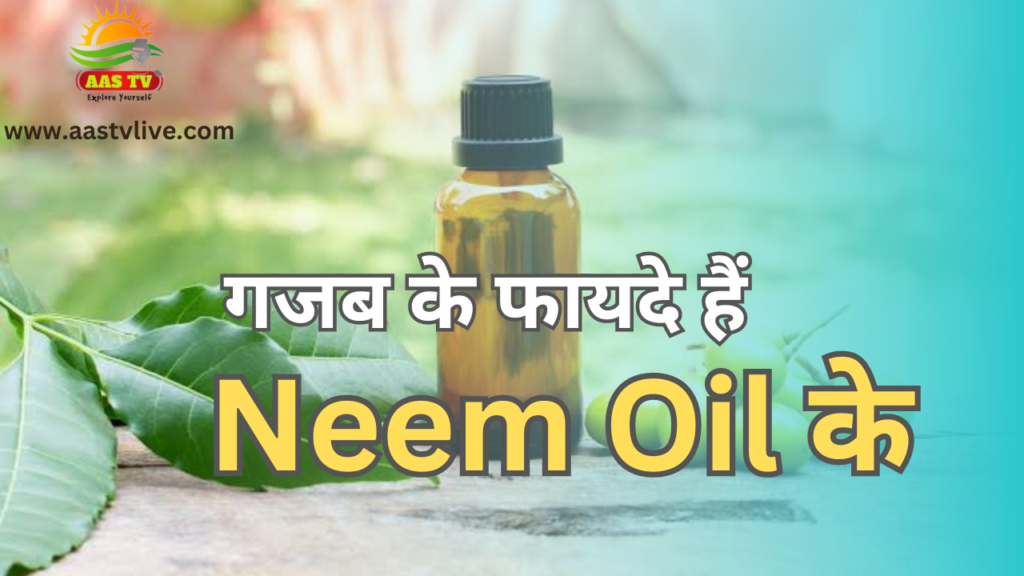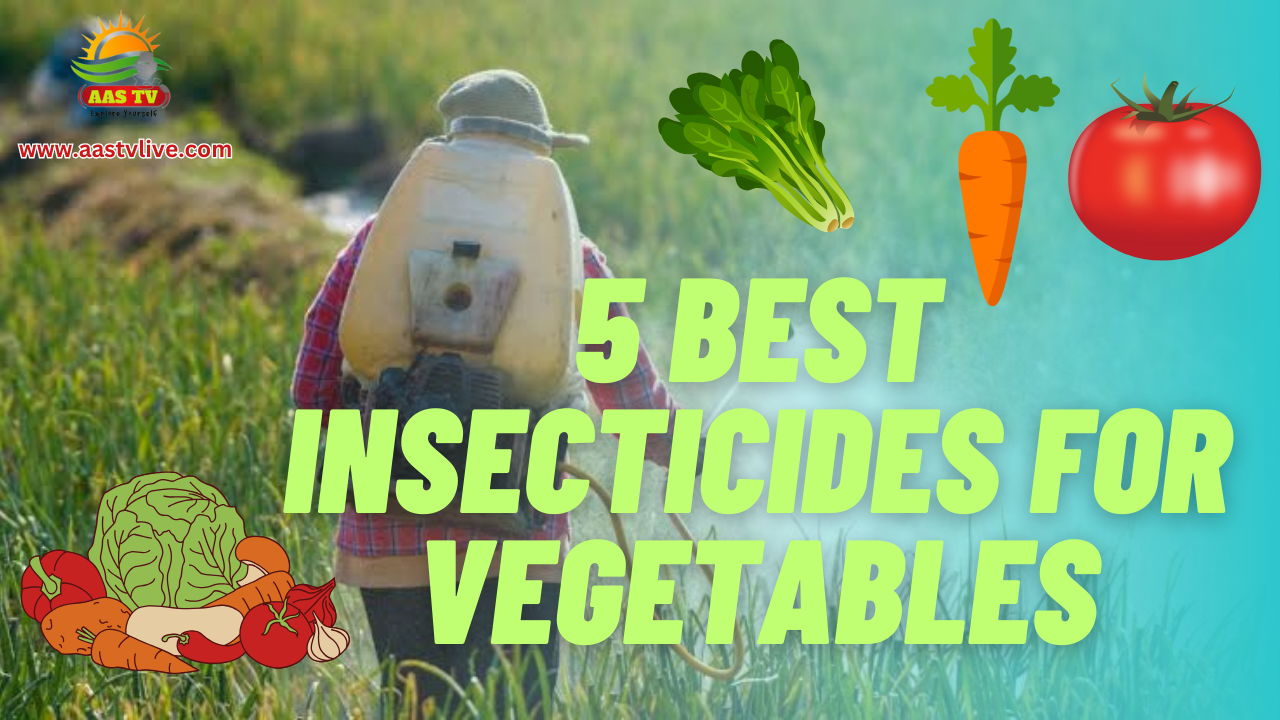Introduction:
In recent scenarios, farming without insecticides can’t be possible. It is duel duty on the shoulders of our farmers to feed around the 140 crores bellies and also keeps the toxicity level of deadly pesticides within the limits.
In this situation of uncertainty, we need to select the pesticides and use them smartly. We have to keep an eye on their permitted limits and also produce enough food from limited land or the land which will decrease day by day due to the advancement of industries.
So in this blog, we will understand the different types of insecticides and also focus on their correct order of application. We will also discuss the right time for their application to make them most effective.
What Is Insecticide?
In simple words, an insecticide is a chemical (generally) used to kill or inactivate the insects that cause a significant loss to our agricultural crops, livestock or even human beings.
Insects may be present in seeds, in our soil, on our crops or in stored grains in bins. But it is more prominently concerned with our standing crops.
Significance Of Insecticides
As insecticides save our crop from damage by insects they significantly increase our crop production. And it is more important for those people and areas where there is scarcity of enough food.
Insecticides can also help to prevent our food or crops from being contaminated with viruses and bacteria. Some insecticides are used to kill mites, beetles, and mosquitoes and directly have an impact on human health.
So here, in this blog, we will discuss the top 5 insecticides that can be used in general in any crop but they are more effective in vegetables.
1) Neem Oil (Eco Neem Plus):
It is a neem-based biopesticide containing Azadirachtin at 10000 ppm, providing almost all plants with protective and effective insecticidal action. It can be used for sucking as well as for biting and chewing types habit insects.
Neem oil has multiple positive effects on plants and supports plants’ growth and development in many ways:
Repellent:
It is more correctly called insect repellent as they only deter insects rather than to kill them. Some invisible barrier has been created that insects take unpleasant and disruptive, preventing them from avoiding a treated area to infect.
Antifeedant:
It is similar to repellents but with some interesting and different approaches. It is not only making the particular area unpleasant or disorienting for insects but antifeedants make the food or crop itself unappealing and compel insects to avoid it.
Insect Growth Retardant:
It is another way of neem oil to control insects that infect our crops and store grains in bins. IGRs or Insect Growth Retardants target insects’ internal development processes, disrupting their growth and reproduction.
Inhibiting Egg Laying and Hatching:
Insects have a great potential to reproduce in large numbers and increase their population abundantly. They lay eggs in the soil, on plant leaves, and in-store grains. These eggs also hatched out in large numbers and increased the insect population rapidly.
Neem oil has this wonderful ability to prevent insects from laying eggs everywhere and also disturb the process of egg-hatching. This reduces the insect population and saves our crop from being infected.
We have already written a dedicated blog on “Neem Oil and Its Uses”, you can also read this blog here.

Dose: you can use this product at the rate of 3ml per liter of water.
2) Imidacloprid 17.8 SL:
It is a systemic insecticide that is heavily used to protect crops from sucking pests and prevent flea infestation in pests.
This is a member of the Neonicotinide group of insecticides and it works by binding to nicotinic receptors in the insect’s or pests’ Central Nervous System. This disrupts the insect’s nervous system causing paralysis and finally death.
It can be used on different crops like cotton, paddy, chilies, sugarcane, and fruits. Imidacloprid kills several pests simultaneously viz: White fly, Aphids, Jassids, Thrips, Trmites, and Plants hoppers.
Popular products (containing Imidacloprid):
| Product Name | Company Name |
| Media | Dhanuka |
| Confidor | Bayer |
| Isogashi | IFFCO |
| Imidagold | UPL |
| Revenge | Agrosis |
3) Chlorpyriphos:
It is a broad-spectrum insecticide inseticide that kills many types of insects like biting, sucking and boring insects on almost all vegetables, fruits, and oil seed crops. It is also equally important to control stored grain pest, termites and soil grubs.
It is an organophosphate insecticide that acts as a fumigant, stomach poison and contact poison. It is heavily used in furniture work and construction work against termites.
Crops: Cotton, All Vegetables, Fruits, Groundnut, Mustard, Sugarcane, Pulses and Paddy.
| Product Name | Company Name |
| Terminator | Agrosis |
| Dhanwan | Dhanuka |
| Premise | Bayer |
| Banest | UPL |
| Ulka 505 | Biostadt |
4) Thiamethoxam:
It is also a broad spectrum in nature that control a lot of insects in our vegetables and other crops. It is used to kill sucking and chewing insects that feed on our crops.
It is neonicotinoid and it is a new class of insecticides that interfere with the nicotinic acetylcholine receptors and has a specific activity against the insect nervous system.
5) Cypermethrin:
It is a synthetic pyrethroid insecticide that used more abundantly in cotton and other field crops. It is also used in fruits to control fruit borers in fruits like Ber and Lemon.
Cypermethrin with Chlorpyriphos make a good combination and use in many crops to control insects. It starts working immediately after its application and kill the pests even at lower doses. It left with less residue in crops.
Conclusion
So after going through these 5 insecticides, it is clear that these 5 insecticides can control almost every insect in vegetables and other field crops.
This collection of best insecticides can be used to control sucking pests, larvae and beetles as well.
So, try these 5 insecticides and enjoy your farming system more effectively.

